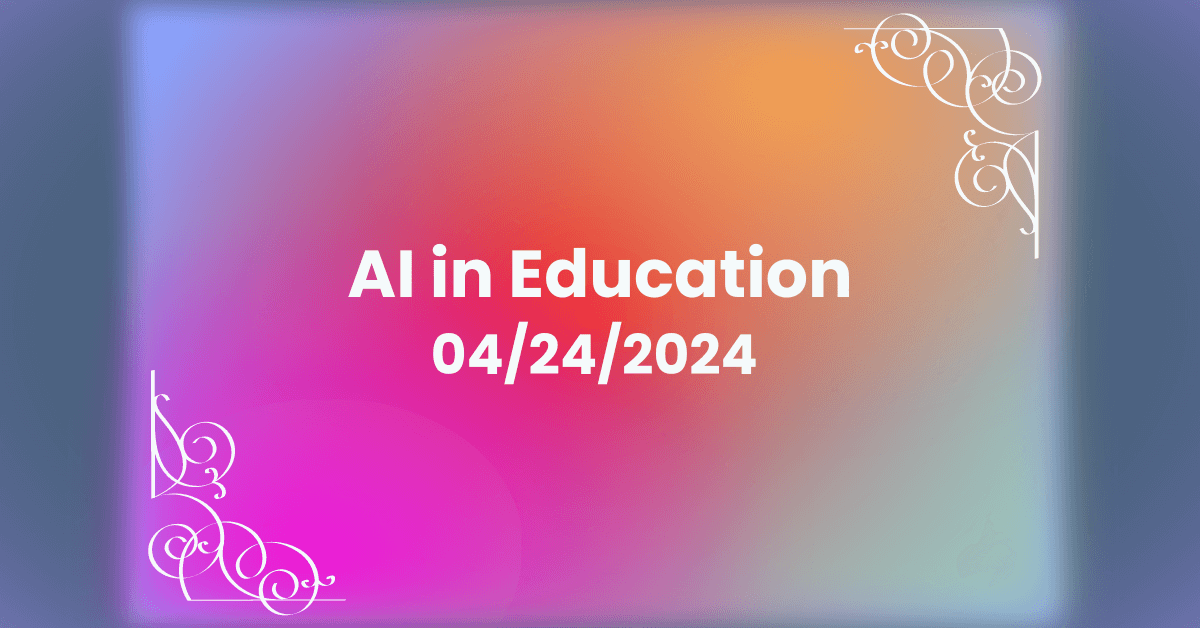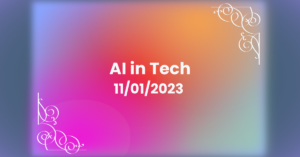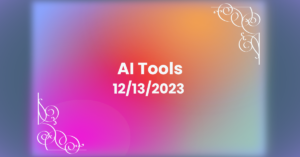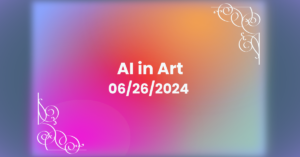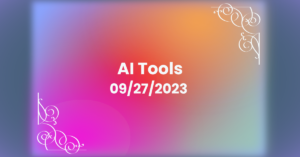The Future of Career Guidance: Exploring AI’s Potential in Educational Counseling
When I was in high school in the late nineties, we took a series of “aptitude & attitude” tests to help guide our career choices. That went as well as you might imagine; it’s hard to get a room full of fifteen and sixteen year olds to take their future seriously. As AI technology evolves, it offers the potential to revolutionize the way career guidance is administered in schools and universities. However, this comes with significant ethical implications, especially concerning equity and privacy.
Rather than simply asking students to take a test, imagine an AI system equipped to integrate vast amounts of diverse student data — from academic achievements and psychological assessments to personal interests. This system could, in theory, use this data to streamline career guidance efficiently. By analyzing this information, AI could identify optimal career paths and align educational suggestions with projected job market trends, customizing recommendations for each student. However, these predictions could also be skewed if the AI inadvertently learns from historical biases present in the training data, potentially misdirecting students rather than aiding them.
There are many benefits to using AI in this context. AI can process and analyze data from a far larger number of students than human counselors ever could, potentially democratizing access to personalized guidance. If the AI systems are trained properly and fit to purpose, the technology could offer more objective decisions that are free from human bias. Additionally, AI systems are capable of adapting recommendations based on new data inputs and shifting market trends, which could dynamically update advice as industries evolve and new pathways emerge.
However, these advantages come with caveats. The efficiency and scale of AI enable rapid processing of personal data, but this also raises significant privacy concerns and increases the risk of misuse. Objective AI-driven decisions can help minimize human biases in career counseling, but only if these systems are designed thoughtfully — without such safeguards, they could perpetuate existing societal inequalities. Furthermore, while adaptive guidance from AI sounds promising, it necessitates ongoing adjustments and oversight to ensure it does not reinforce educational disparities.
Consider two hypothetical scenarios: a high school could implement an AI system to optimize student outcomes by aligning skills with future opportunities using Career Technical Education (CTE) pathways. Simultaneously, a university might employ AI to guide students’ course selections based on predictive analytics targeting emerging industries. These scenarios, while possibly being beneficial, could also lead to a homogenization of educational paths where AI-driven decisions push students towards careers that may not align with their individual aptitudes or interests, especially if the AI’s recommendations are based on flawed data.
The potential for AI to drive career counseling must be weighed against these significant ethical considerations. Data security is paramount, as the misuse of personal information could have devastating effects. Overreliance on technology could diminish the invaluable human element in counseling, where professional intuition and empathetic understanding are crucial. Most critically, algorithmic biases pose a stark challenge; AI systems often develop recommendations based on data that may not represent all demographic groups fairly, risking the perpetuation of historical injustices and biases.
While AI presents a revolutionary potential in career counseling, it also poses substantial risks, particularly to minorities and other under-represented groups. This technology should be integrated with caution, emphasizing the need for human oversight and rigorous ethical standards. It is imperative for educators, technologists, and policymakers to collaborate closely to develop AI systems that are inclusive, fair, and transparent, ensuring that these tools uplift all students equitably.

